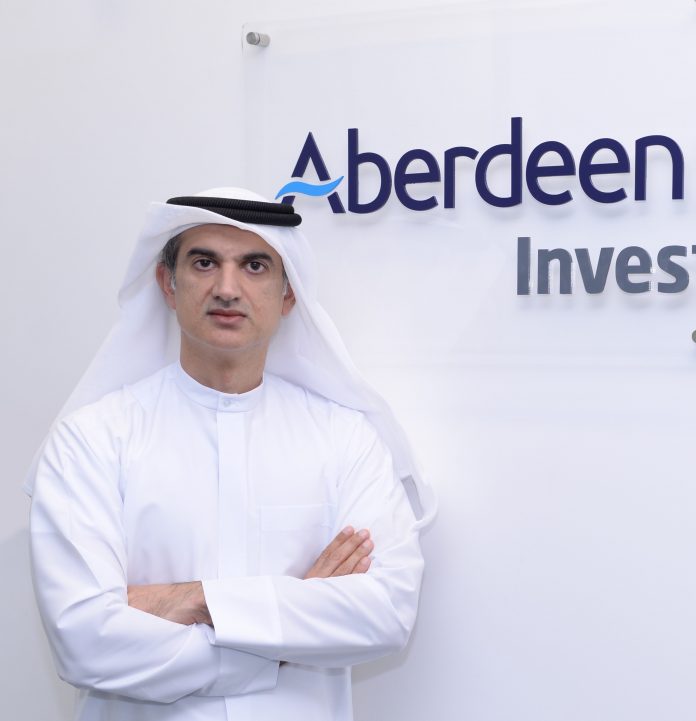[ad_1]

“The IMF report predicts real GDP growth in MENA to pick up to 4% this year, which is significant improvement on the 3.2% it projected in October 2020. However, the growth is not expected to be even across the MENA region and GCC countries could see an accelerated growth due to their strong COVID-19 vaccination programmes.
“Investors need to be selective about which markets and sectors they take exposure to over the next 12 to 24 months. For example, the hospitality and tourism recovery across the region is expected be slow and economies that rely on these ‘contact heavy’ industries will take much longer to rebound.
“On the other hand, oil-exporting countries in the MENA region stand to benefit from rising oil prices that are also expected to drive all-important and highly-sought after diversification in non-oil sectors.
“Given the uncertain and uneven nature of the economic outlook for the MENA region, fostering greener economies offers new avenues for investment, especially given growing appetite and willingness among policymakers to invest in climate-resilient infrastructure. The pressing need for the MENA region to accelerate transformation will also present new opportunities to capitalize on trends like increasing digitalization and improving governance.
“Rising debt and growing financing pressures that have worsened over the past year could potentially create a dual impact of limiting the potential for policy action and creating additional stress for the private sector, but this should be avoidable for some GCC countries.”
[ad_2]
Source link
